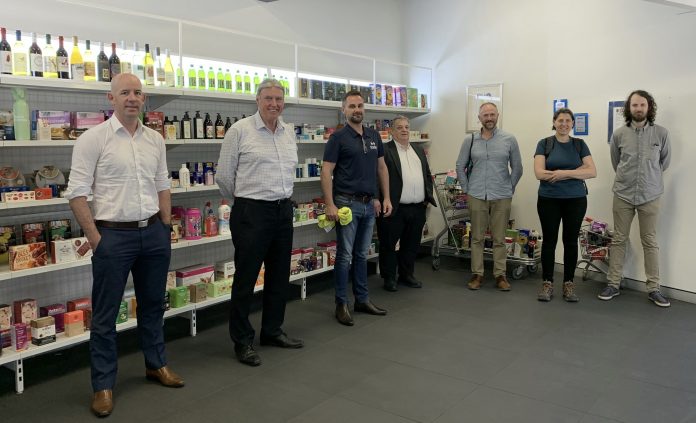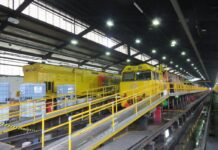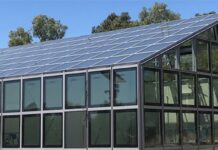
Media Release
Researchers from three leading universities in NSW are collaborating with industry leaders to enhance Australia’s plastic recycling capability.
Coordinated by the NSW Smart Sensing Network (NSSN) and led by PEGRAS Asia Pacific, major Australian companies including Labelmakers Group will work with researchers to develop novel solutions for sensing and treating residual contaminants on HDPE plastic chips.
The collaboration draws upon the research strengths of three NSSN member universities, including UNSW, University of Sydney and University of Technology Sydney (UTS).
UTS Institute for Sustainable Futures Research Director Dr Nick Florin said improved recycling of HDPE could have a significant impact in meeting the 2025 National Packaging Target and supporting local recycling industry in response to the Waste Export Ban.
“Currently the recycling rate for the rigid HDPE stream is about 25% and the average recycled content was estimated to be only about 2%,” said Dr Florin. “So clearly there is scope for significant improvements here.
“Working with our industry partners, UTS will provide a very accurate and high resolution material flow analysis for the HDPE milk bottle supply chain.
“Our approach will enable us to understand the impact of the innovation and also identify corresponding system changes that can support a closed-loop recycling solution, including technology and policy interventions.”
Labelmakers Group Technical Manager Graeme Lang said making any serious inroads towards a truly circular economy requires improving the detection of the individual component parts and their separation.
“We need to design materials that lend themselves to separation within the existing infrastructure,” said Mr Lang.
“It’s really advanced technology that’s going to allow us to separate materials, verify their integrity, and then allow them to be recycled. We can’t rely on humans to do this [task] with the accuracy level and at the volume that is needed.”
In this industry-led project, NSSN member university researchers are tasked with developing scalable technologies that accurately sense and remove contaminants such as label adhesives from HDPE plastic chips, and to investigate the complete life cycle of such
plastics.
PEGRAS Asia Pacific Managing Director and CEO Dr Stephanus Peters said the technology has the potential to reduce the number of milk bottles going to landfill significantly.
“When completed the technology could have applications for recycling other plastics such as coloured HDPE and PET,” Dr Peters said.
NSSN Development Manager Dr Don McCallum said there is a big market for recycled HDPE, but currently the product struggles on cost.
“We aim to improve the process efficiencies of HDPE recycling facilities to reduce the cost of recycled HDPE to comparable or cheaper than virgin HDPE,” said Dr McCallum.
“The sensing science will work closely with removal chemistry to get the technology out of the lab and into the industry sites.
“The outcome of this project is critically important for Australian recycling and Australian innovation.”
A consortium of eight leading universities, the NSSN brings together expertise in academia, industry and government to position NSW and Australia as a global leader in smart sensing innovation.



















